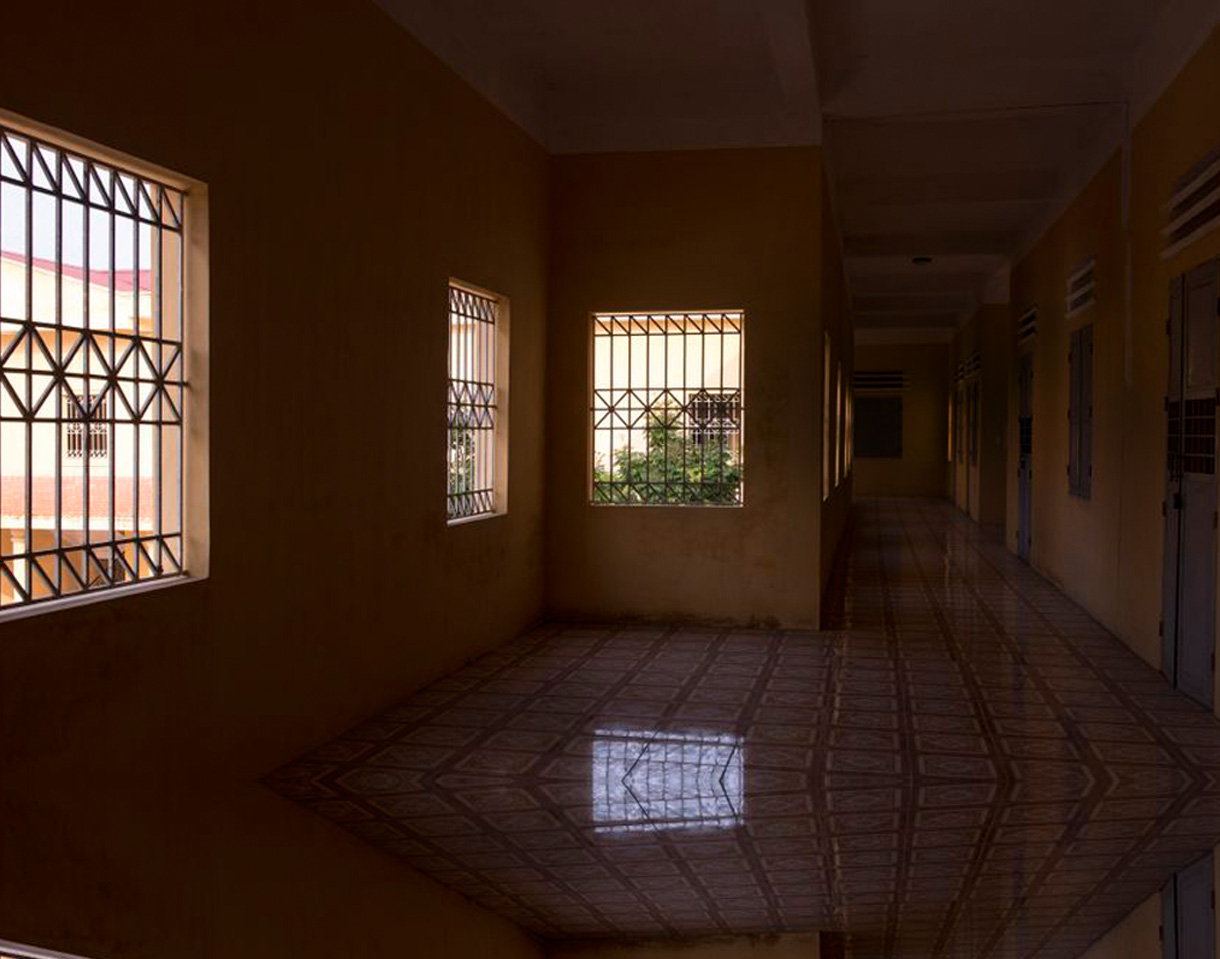New World Order
This is a place where drug addicts have another shot at rebuilding their lives. The Centre for Social Education and Labour (or Gia Minh Centre) in northern Hai Phong offers shelter and treatment to more than 1,200 people who check in voluntarily in an attempt to wean themselves off drug addiction. Half of them are HIV positive, having caught the transmission from shared syringes and behaviours associated with drug use. They are attended to by medical workers and doctors trained in palliative care, an idea conceived by Dr Thuy Bui Thi Bich, who heads the Infectious Diseases department at Hai Phong Medical University.
“Palliative care is used to intervene psychological problems associated with substance use like heroine and cocaine,” said Mr Nguyen Quang Toan, the centre’s founding director. He believes in the holistic concept of palliative care in running and planning for the centre. “Drug users face stigmatisation so they need an environment to nourish their souls. This place gives them an opportunity to improve and prove to themselves that they can work and be free of drugs.”

Spanning an area of 70 hectares or 70 football fields, the centre is a self-sufficient village, which has vegetable plots and a place for rearing livestock like pigs and fish.
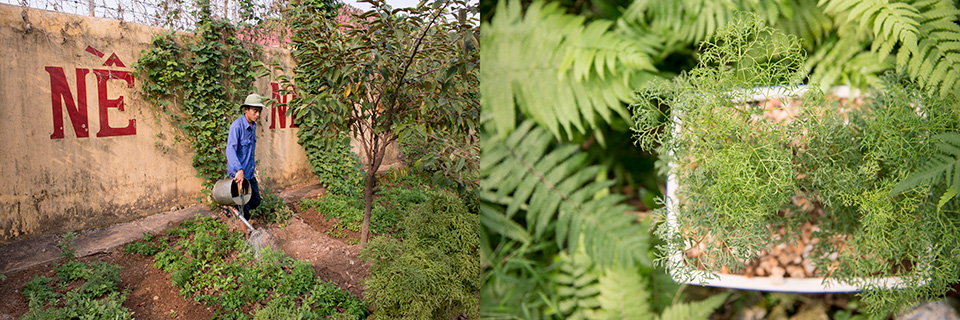
The average stay for residents lasts from two weeks to years, where they settle into a routine of sports, meditation, social and cultural activities.
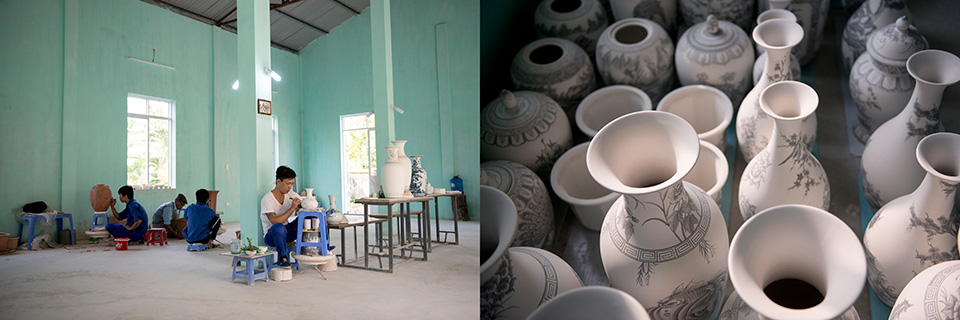
Residents are equipped with necessary life and employment skills, such as agriculture or pottery, before an assessment to decide if they are fit to go home.
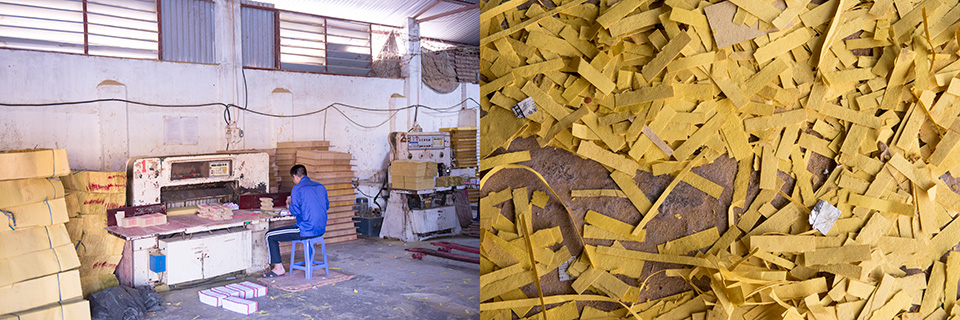
It also houses a pottery factory and papermaking factory, where residents undergo salaried vocational training. Products such as incense paper are sold for profits, which make up salary for the residents.
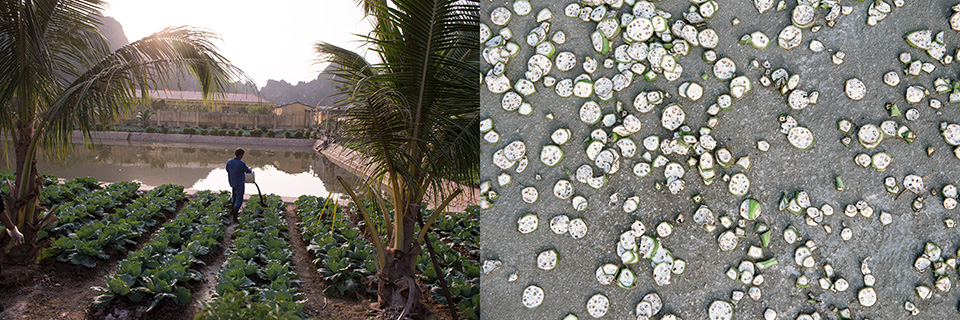
These programmes help to provide residents a more holistic recovery so they can successfully reintegrate into community.
